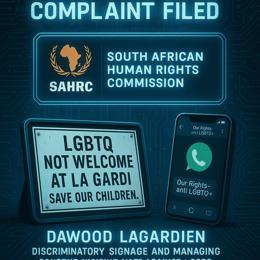Image created by AI
Surge in Drug-Related Executions Hits Record High in 2023
The alarming rise in the use of the death penalty for drug-related offenses has reached new heights with a record-breaking 467 executions in 2023, according to the latest report by Harm Reduction International (HRI). This figure signifies a drastic surge of 44% from the previous year, shedding light on the harsh realities of global drug policy enforcement.
Harm Reduction International’s painstaking documentation shows that these executions accounted for nearly half (42 percent) of all known executions in 2023, an unsettling statistic that raises significant human rights concerns. The depth of the crisis is likely even more profound, as several countries, including China, Vietnam, and North Korea, shroud their execution records in secrecy, obscuring the full extent of the issue.
Starkly, the international legal standard is blatantly ignored as international law reserves the death penalty for only the "most serious" crimes with intentional lethal outcomes. The United Nations has unequivocally stated that drug offenses do not meet such a criterion, pointing to a troubling discord between international human rights law and the practices of certain nations.
Particularly concerning is the reversal of Singapore’s halt on executions that had been in place during the COVID-19 pandemic. The city-state, which resumed hanging in March 2022, saw at least 16 people executed by November 2023. These acts of capital punishment have sparked international outrage and highlight the government's indifference towards human rights protections.
It is not all pervasive despair, as some nations have made strides toward reformation. Malaysia has dispensed with the mandatory death sentence for drug offenses, and Pakistan has revised its narcotics act to exclude the death penalty for certain violations. Yet, the tightening grip of the death penalty persists in others, with Vietnam and Indonesia notably contributing to half of the confirmed sentences last year.
Singapore’s tough stance remains unchanged, with a death row population predominantly consisting of individuals convicted on drug charges. The recent execution of a Bangladeshi national for murder breaks the hiatus of capital punishment for non-drug crimes since 2019, a stark reminder of the state’s commitment to its rigorous laws.
HRI’s findings thrust into spotlight the critical need for global dialogue and policy reform. Addressing the deep-seated issues that underpin a system that so readily executes individuals for drug offenses is paramount to aligning with the values of human rights and the pursuit of justice.










